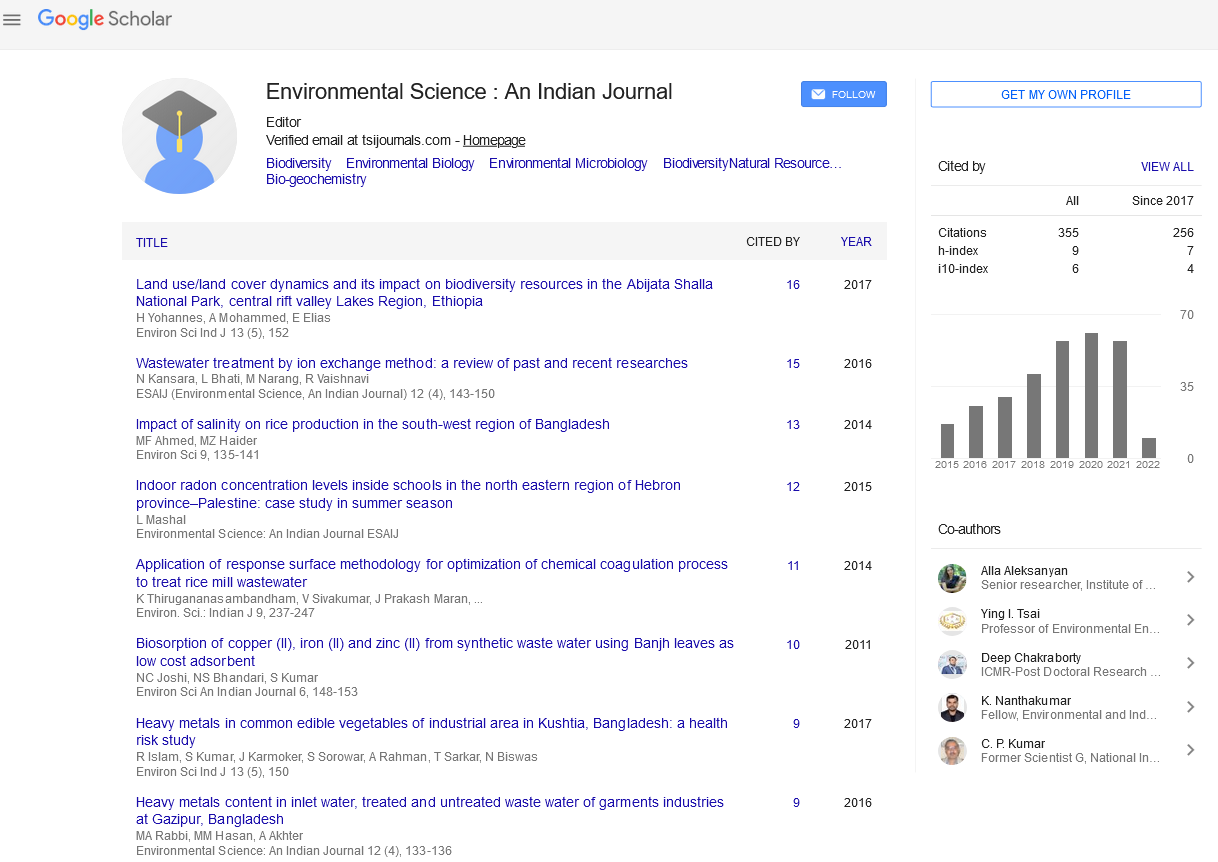Abstract
Gender specific implications of climate change
Author(s): Anitha Thomas, P.Roselin, Y.Gayathri, M.Shailaja RajMankind is confronted with a twofold challenge: The global energy demand has to bemet, while at the same time the climate change has to be prevented, before it becomes uncontrollable. Climate change is the defining human development issue of our generation. It threatens to erode human freedom, limits choice and further underscores the gender inequality which intersects with climate risks and vulnerabilities. This inequality is seen in both survival of women and sustenance of a girl child at birth especially in rural sectors. The impact of Climate change is gender specific not only in humans but also in animals. In humans it ismore of vulnerability of women to the climate change due to theWomenÂ’s limited access to resources especially in rural areas, where as in animals the change in climate will determine the sex of the animals. The best studied example is that of sea turtles. The majority of the worldÂ’s turtles have Environmental Sex Determination (ESD). This means the sex of sea turtle hatchlings is temperature dependent, with warmer temperatures increasing the number of female sea turtles at the expense ofmales. The point of this paper is not to provoke a polemical debate on the power relationships between men and women but to discuss vulnerability and resilience to the potential impacts of climate change, and place women among these vulnerable groups. While the scientific analyses remain crucial, social imperatives must be taken into account. Although there are no obvious direct linkages between climate change and women, its potential impacts in terms of socio-economic vulnerability and adaptation place women in a key position. Integrating the gender approach is also helpful in designing and implementing policies, programmes and projects that lead to greater equity and equality. The ultimate goal of this study is to ensure the inclusion of gender as a scientific variable and a criterion for evaluating the effect of climate change

